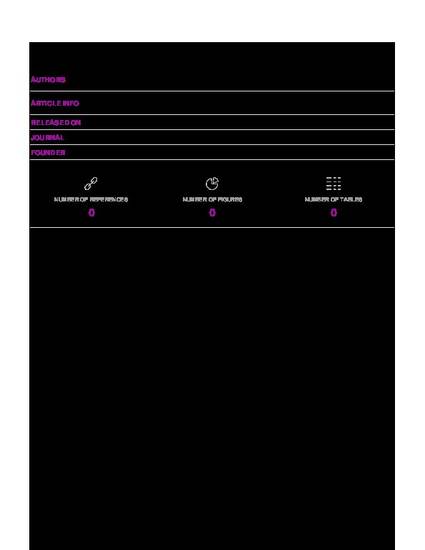
Emission permit trading is increasingly being applied to pollution control. Pollution targets are sometimes set as average (or expected) values. We investigate whether the least cost property of permit trading programs is still valid with an average target. In the standard permit trading theory, trading ratio is set equal to the delivery coefficient and the total permit number equal to the given pollution target. If this is the case under an average target, we show that least cost is no longer guaranteed. Under an average target, the regulator minimizes cost by achieving a balance between the total permit effect and deadweight loss effect. The latter is always negative. The former can be increased by allowing more (less) pollution when abatement cost is high (low). Departing from the well established result on trading that information on abatement cost is not needed to achieve the least cost, we found that such information is useful under an average pollution target.
Available at: http://works.bepress.com/hongli-hennessy/49/

This article is published as Rabotyagov, S., and H. Feng. 2010. Does permit trading minimize cost under an average pollution target? Environmental Economics, 2010 1(1): 125-133. Posted with permission.